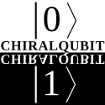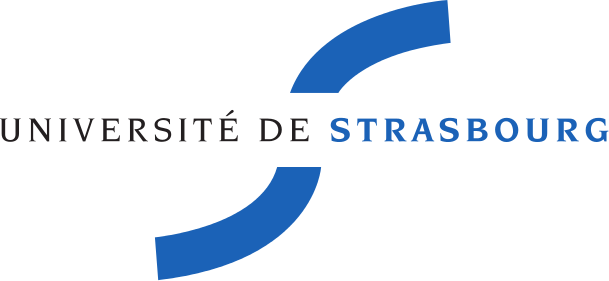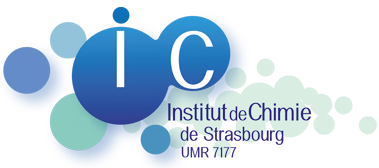Who we are
Dr. Athanassios K. Boudalis (fellow)
Athanassios Boudalis obtained his BSc in Chemistry from the University of Athens in 1999 and his PhD in Inorganic Chemistry from the University of Patras in 2003 under the supervision of Prof. Spyros P. Perlepes. He then worked for several years as a post-doctoral fellow at the Institute of Materials Science (now part of the Institute of Nanoscience and Nanotechnology) of the NCSR "Demokritos" in Athens, Greece. His work at the Laboratory of Crystallography was related to the synthesis and study of various molecular magnetic materials. At the end of his fellowship in 2011, he took a break from research to work as Project Management for FP7-funded projects related to science education at the Ellinogermaniki Agogi school near Athens, and then he set up his own company to market organic olive oil from his family's estate. In 2015 he reintegrated research and joined the group of Professor Raphael Raptis at the Florida International University in Miami. He then went on to work in Strasbourg, where he is currently working as a Marie Curie fellow.
Prof. Philippe Turek (supervisor)
Philippe Turek is Professor at the Faculty of physics and engineering of the University of Strasbourg (Unistra). He is also Deputy vice-president for international relations of Unistra, in charge of coordinating research and education abroad, and scientific director of the cryogenic facilities of Unistra. He is leading the research group POMAM (Propriétés Optiques & Magnétiques des Architectures Moléculaires) since 2002. The POMAM group is performing research in molecular magnetism, assessment of spin qubits and in biophysics using Electron Paramagnetic Resonance (EPR) spectroscopy as its main research tool. The lab is one of the five nodes of the national research network RENARD, a CNRS research infrastructure devoted to advanced EPR spectroscopy.
Prof. Daniel Loss (main collaborator)
Daniel Loss is Professor of Theoretical Physics at the University of Basel. He is also director of the Basel Center for Quantum Computing and Quantum Coherence (QC2), was co-director (2006-2013) of the Swiss National Center of Competence and Research (NCCR) in Nanoscale Science, and since 2006 he is co-director of the Swiss Nanoscience Institute (SNI) at the University of Basel (www.nanoscience.ch/nccr). Loss's research interests include many aspects of the theory of condensed matter systems with a particular focus on spin-dependent and phase-coherent phenomena ("mesoscopics") in semiconducting nanostructures and molecular magnets. A major portion of Loss's current research involves the theory of spin dynamics, spin coherence, spintronics in two-dimensional electron gases, and spin-related phenomena in semiconducting quantum dots - artificial atoms and molecules. Part of this work is related to quantum information processing (QIP) - quantum computing and quantum communication in solid state systems with focus on spin qubits, where Loss and collaborators made seminal contributions. Their theoretical predictions and proposals have stimulated many further investigations, and in particular many experimental programs on spin qubits worldwide. Current research includes QIP with spin qubits in quantum dots and molecular magnets.




